The moment I met Rebekah Lyons, at Q Portland 2012, and she told me how our stories intersected—the story of a farm girl fighting for joy, being read by her in NYC, fighting for joy too—I only wanted to hear more of her God-story. Her latest book, Rhythms of Renewal, is called for such a time as now, for this particular moment, and is going to change and save countless lives—and I can’t imagine God’s story of freedom in the world right now without hers. The story God gives us is never meant only for ourselves—it’s meant to help someone through theirs. It’s a grace to welcome Rebekah to the farm’s front porch today…
Over the years, I learned how fickle friends can be and how anxious that fickleness makes me.
I had two friends who bailed in hard seasons: one in my twenties, one in my thirties. At the time, I couldn’t fathom losing either of them.
So each time, I became the squeaky wheel that demanded their attention.
I worked harder to earn their love, tried to change who I was to convince them to stick around.
It didn’t work, and both times I was left wondering, What is wrong with me?
This anxiety bled into my other relationships. If a friend commented that I was too vulnerable, I would rein it in.
Too serious, I’d lighten up.
Too passionate, I’d get silly.
I’d change anything so as not to lose another friend.
It hurts too much. Dancing on eggshells, I was afraid to be myself, afraid to live into the fullness of who God created me to be. But no matter how I tried to please people or change so they’d accept me, I couldn’t shake the anxiety.
Am I too much or not enough? Why do I place so much pressure on friendships?
Then, the critique of a few friends became too loud, and before I knew it, a transfer occurred. The lies I heard stopped coming from them and began coming from my own thoughts.
I was listening to the voice in my head more often than I was trusting the heart God gave me.
Do I even know how to pick the right friends?
Am I placing the gift of friends over the God who gives them?
I’d let a few bad experiences reshape my outlook, and I needed a shift.

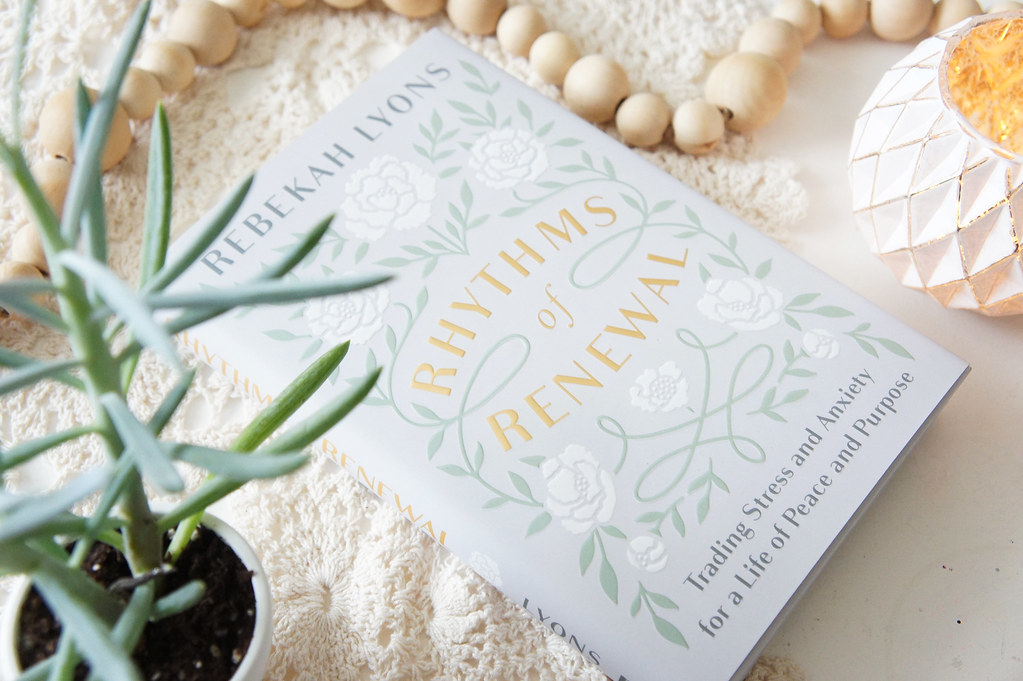
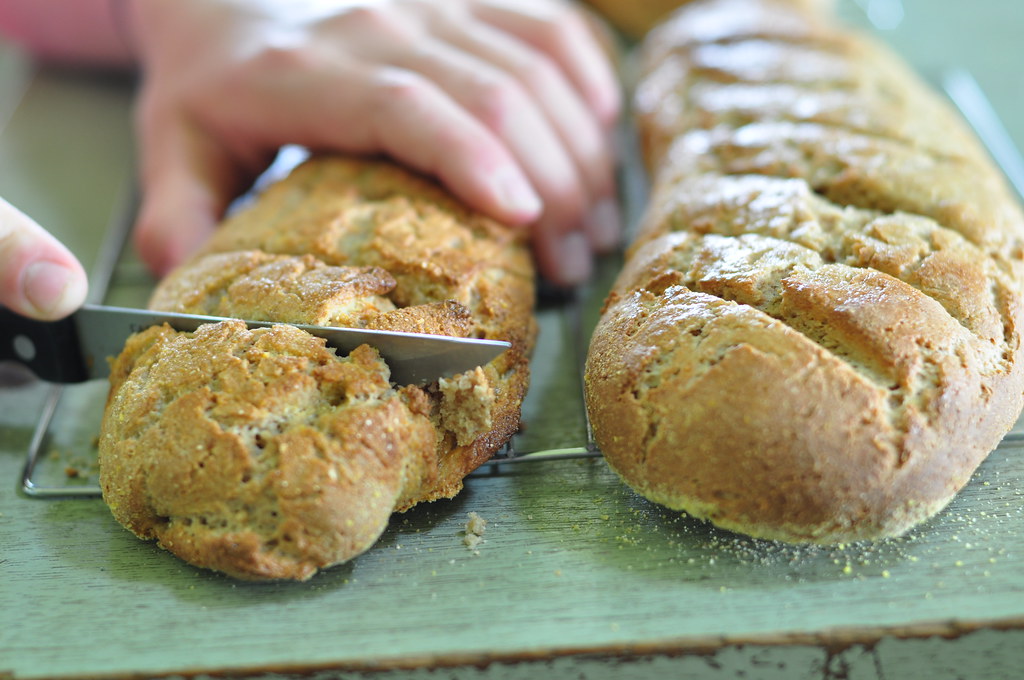
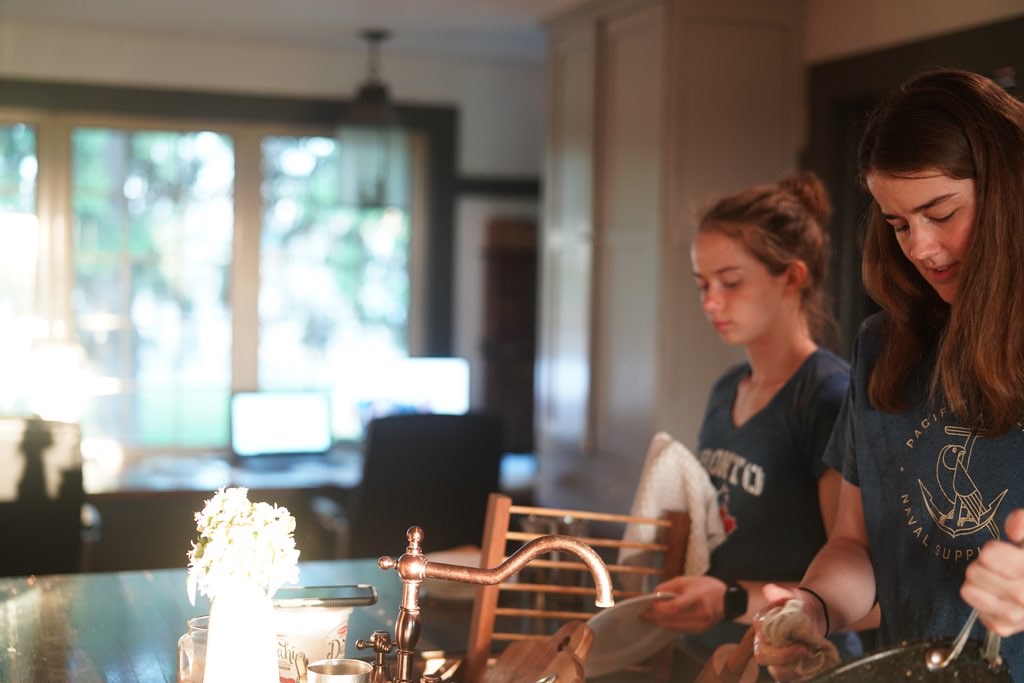
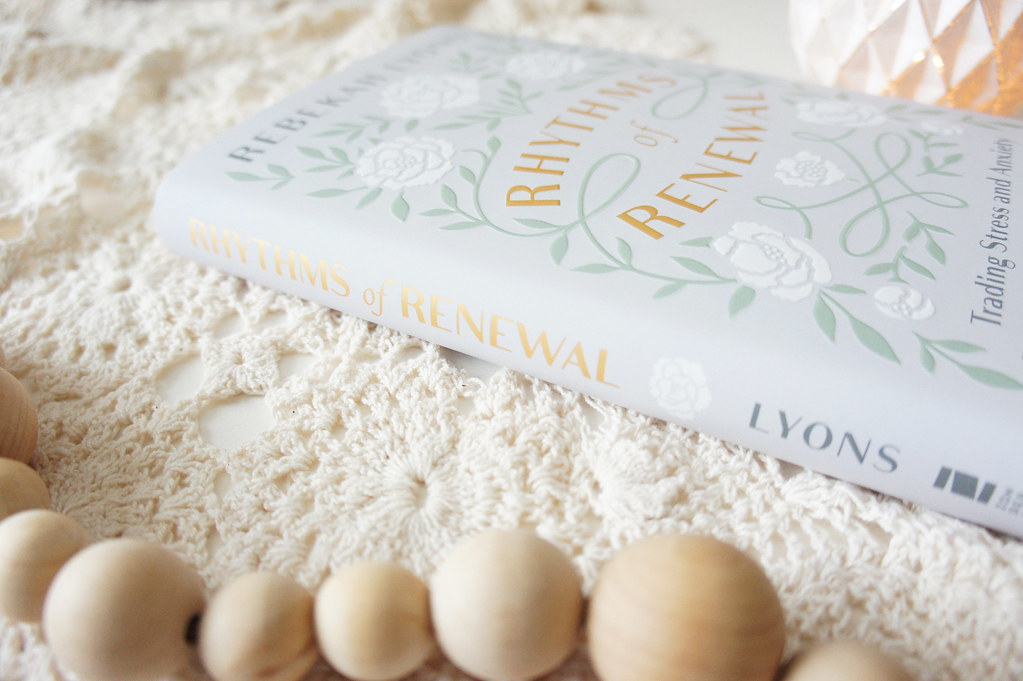


Joy Prouty
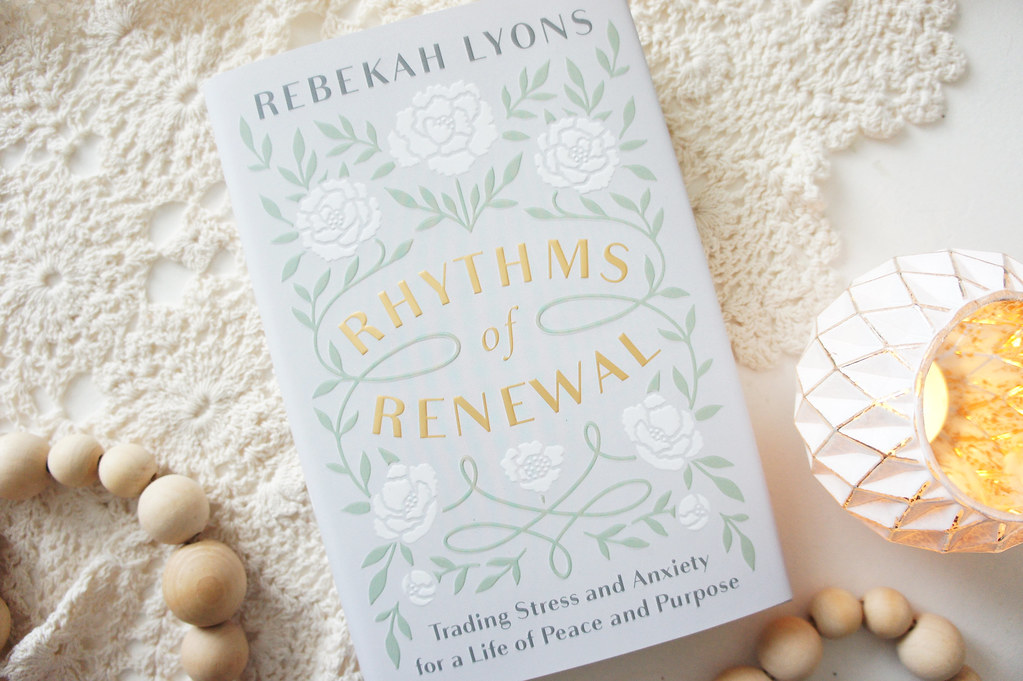

Hoping to change my attitude, which wasn’t getting me anywhere, I started studying friendship.
I discovered that, centuries ago, Aristotle defined three different types of friends who tend to make their way into our lives.
There are friendships based on utility, friendships based on pleasure, and friendships based on virtue—the ideal. These friendships go deeper than convenience and encourage us in our shared commitments.
Aristotle wrote, “Those who love because of utility love because of what is good for themselves, and those who love because of pleasure do so because of what is pleasant to themselves.”
Yet what one finds useful or pleasurable, Aristotle wrote, “is not permanent but is always changing; thus, when the reason for the friendship is done away, the friendship is dissolved.”
This rang true. A few of the deep friendship hurts I’d experienced fit those first two categories.
Life seasons had brought us together, but shared passions and commitments weren’t always in the mix. I’d been just as guilty of being a friend of convenience, rather than a friend of virtue, as anyone.
Where have I only wanted to be a friend of utility or pleasure?
As I read Aristotle, I knew I needed to rededicate myself to making friends with people with whom I shared commitments. But where would I start?
One day I called a long-distance friend of twenty years, Trina, and I shared how tired I felt at the thought of making new friends.
She’s known me since I started my grown-up life, before babies and toddlers and teens, and she’s stuck with me through all my highs and lows.
After I spilled my guts, she reminded me how capable I’d been in faithful friendship, especially when I felt free to be myself.
I’d experienced the truth of Aristotle’s musings: I found it easy to sacrifice for friends who were like-minded and shared a similar vision for life. Trina convinced me it was all worth risking again and reminded me of an axiom she lives by: Be the friend you wish to have.
I decided to make some changes.
I’d let down the walls and look for opportunities to connect more with those around me.
I’d be open to whomever God brought my way while I adjusted my rhythms to make space for what He might have in mind.
What if we let God be in charge of our friendships? What if we trusted that He places the right people in our lives at the right times? What if we were authentic with those people, letting them see the good, the bad, and the uncertain? What if we sacrificed, showed up for those people, and were generous, gracious, and forgiving?
And in the difficult seasons when friends think we’re too much, or not enough, or need to change, what if we let them walk away? (That’d be freeing, wouldn’t it?)
I don’t always do this well, of course. Sometimes I still give conditionally.
I still get my feelings hurt, still nurse my hurt, and sometimes I still try to become what I think my friends want me to be. (Old habits die hard.)
But I’m learning, and the more I return to the idea of being the kind of friend I’d wish to have, the easier it is to right the ship and live the life of friendship God intends for me, to have friendships that keep me showing up.
We show up for each other in the little ways when we practice presence, proximity, and permanence. When we’re authentic. When we bless. When we love.
As we push into this kind of friendship, we find a rhythm of connection that rescues us from the anxiety of performance-based friendships and seats us in a community of love.
It’s this community of love that gives us the courage to go out into the world as the blessing we were made to be.
Rebekah Lyons is a national speaker and bestselling author. Alongside her husband, Gabe, Rebekah finds joy in raising four children, two of whom have Down syndrome. She wears her heart on her sleeve, a benefit to friends and readers alike. Her work has been featured on Good Morning America, CNN, Huffington Post, The Tennessean, Publisher’s Weekly, and more.
Her latest book, Rhythms of Renewal, is your guide to daily rescue and a way forward into the peace your soul longs for. Rebekah draws from her own battle with depression and anxiety and shares a pathway to establish four life-giving rhythms that quiet inner chaos and make room for a flourishing life: Rest, restore, connect, and create.









